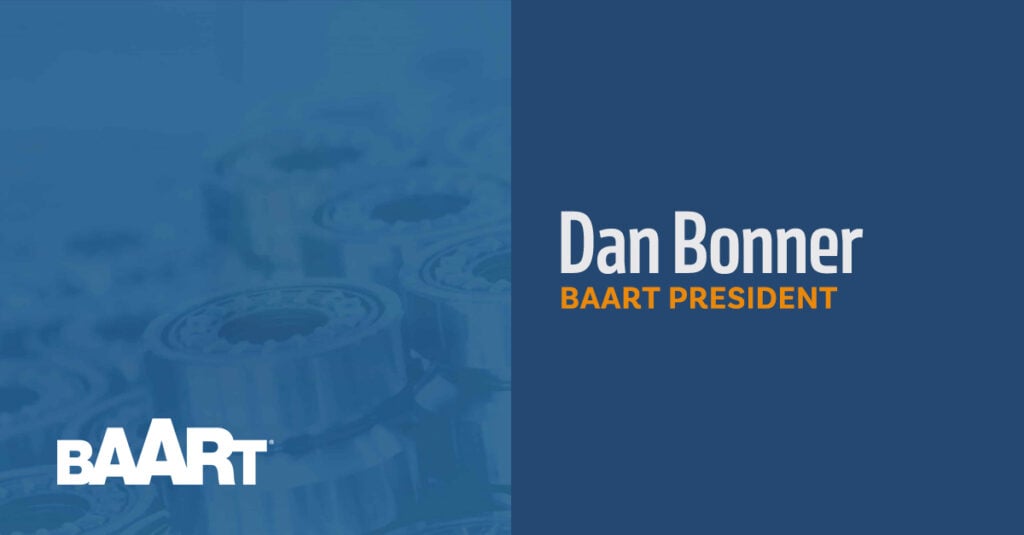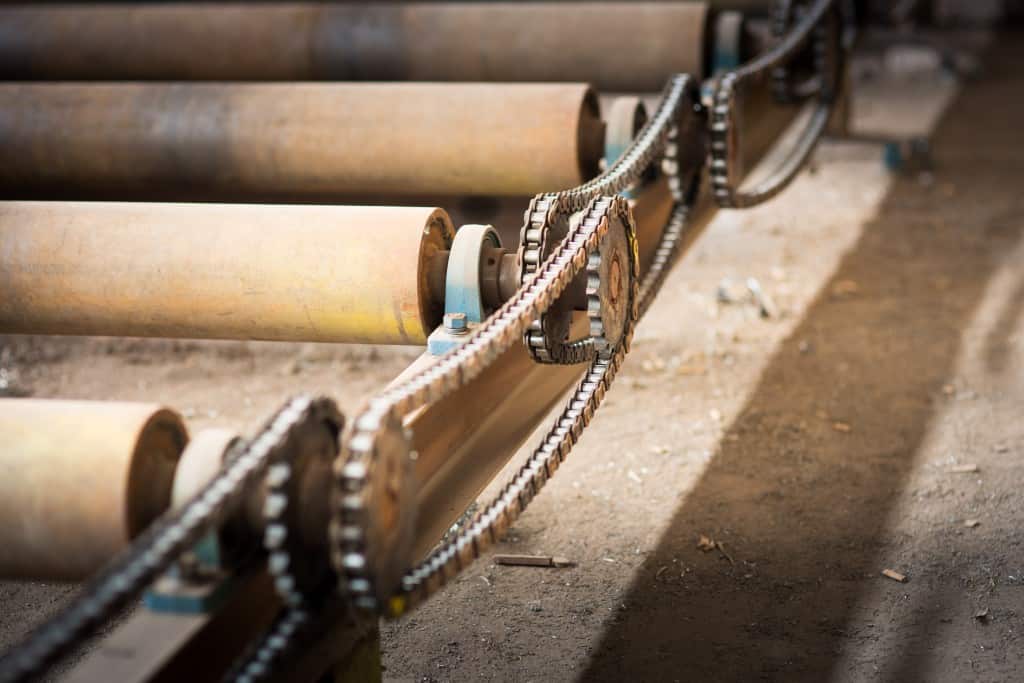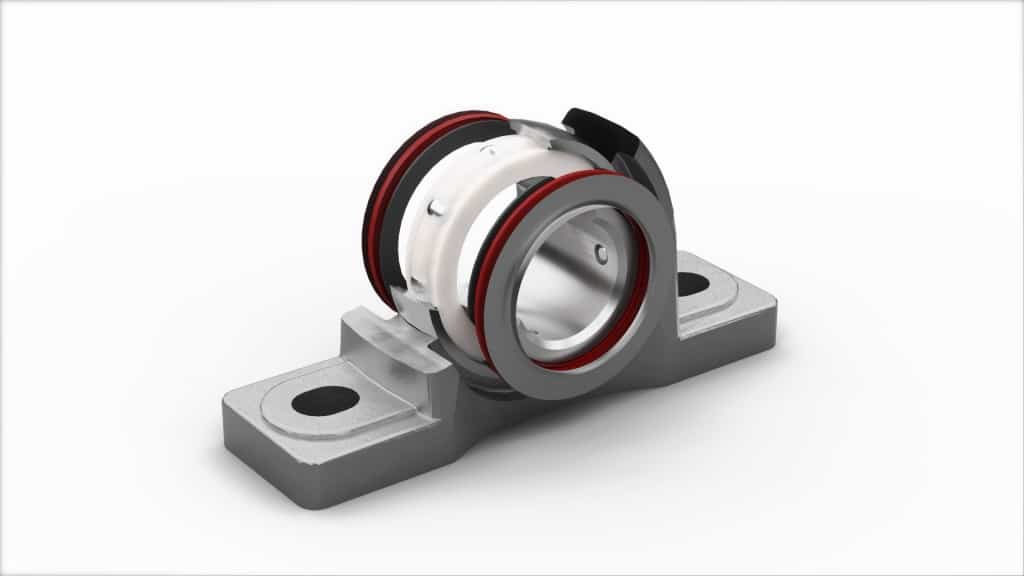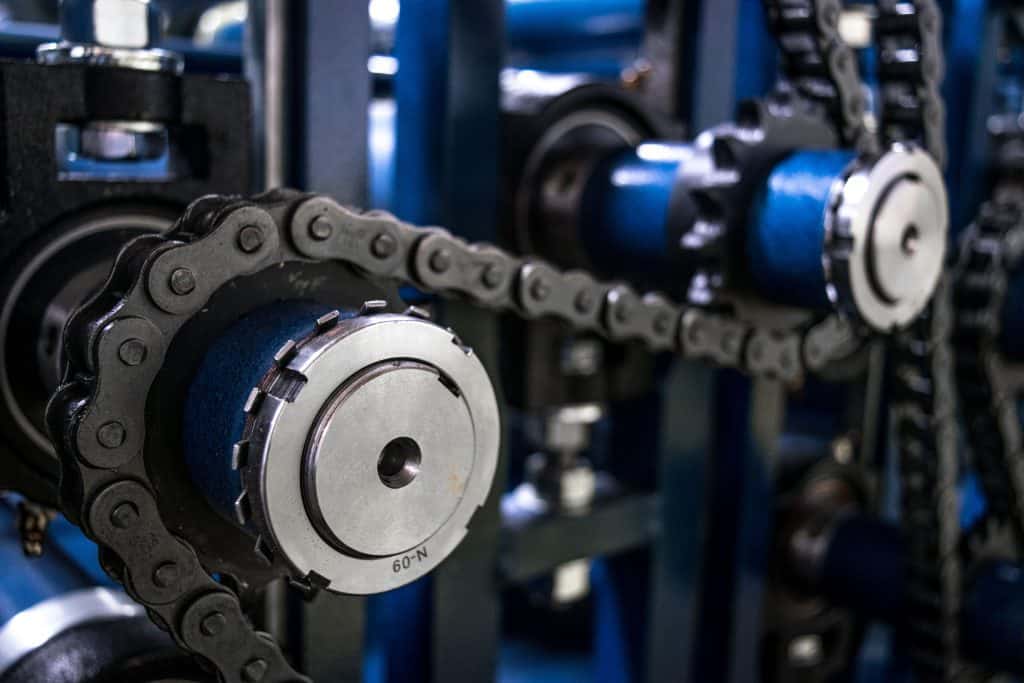Food-Safe Bearing Lubrication: How to Eliminate Maintenance & Maximize Performance
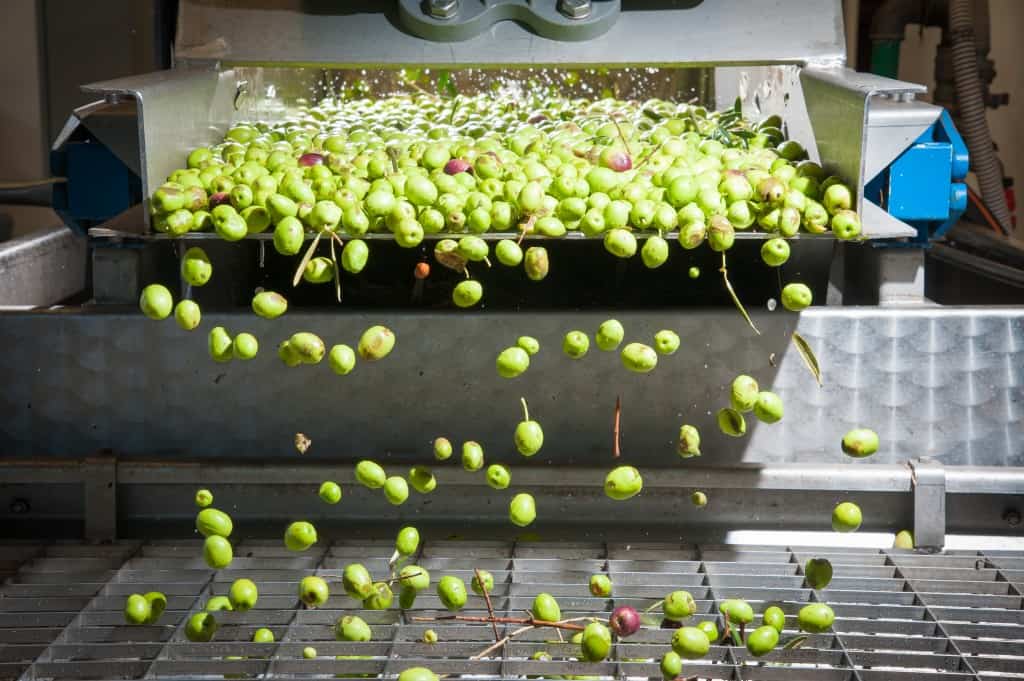
Food-safe bearing applications require careful lubrication methods. The maintenance practices affecting these bearings have zero margin for error. Accidental contamination often requires stoppages or results in product losses.
Traditional Bearing Lubrication
With or without a lubrication system, greased-bearing function is wholly reliant on the user to get the lubrication process right. It’s impossible to know how much grease is in a bearing at any given moment due to seals or shields obstructing the view. The performance of the grease is dependent on several variables: excessive moisture, contamination, incorrect viscosity, incompatibility, or over or under-greasing. These and other operational issues contribute to as much as 80% of premature failures.
Advantages of Solid Lubrication for Food-Safe Bearings
Solid lubrication is a game-changer for the food processing industry. It avoids the risk of user error – and therefore the risk of bearing failure, contamination, and production stoppages. This makes it possible to remove the human element and all of its variables from the lubrication process entirely. Lubrilife takes these advantages further in the following ways:
Superior Oil Containment & Retention
Lubrilife is an oil-saturated polymer material that fills all internal space in the bearing without impeding the rolling elements. Micro-pores as small as one ten-thousandth of an inch within the polymer release oil during operation. The reabsorption of that oil occurs when bearing operation stops.
The polymer can hold up to four times more base oil than a similarly-sized greased bearing, which allows for longer lubricant life and a maintenance-free bearing because all interactions with the bearings are limited to installation and replacement. When testing Lubrlife against other solid lubricants, it had the lowest amount of oil loss in the group, indicating excellent longevity.

How It Holds Up During Washdowns
In a typical greased bearing, water, cleaners, or particulates that infiltrate the interior will circulate with the lubricant, emulsifying or degrading it.
In a bearing with solid lubrication, the polymer maintains its form during intense washdowns, lending strength to the seals from within. The polymer also acts as a secondary seal for the bearing’s internal components.
How Lubrilife is Different From Other Solid Lubricants
Lubrilife’s polymer outperforms other solid lubricants in regards to retaining integrity, helping the seals resist deformation, even in the most punishing washdown applications. Lubrilife also performs the best in eliminating contamination issues.
Solid lubrication is usually an aftermarket modification. Applying modifications requires the removal of a factory seal. This often leads to an unreliable fill due to the remaining seal trapping air and creating voids in the solid lubricant, leaving rolling elements unprotected. The polymer fill is then expected to function as a seal replacement on the fill side. The result? Compromised bearing performance and inadequate sealing capabilities.
In contrast, Lubrilife is a forethought, not an afterthought, as a deliberate manufacturing step. The Lubrilife polymer is applied to bearings before the seals are installed. A consistent gap-free fill that can be visually inspected is the result.
Lubrilife helps bearings last longer by simplifying maintenance, eliminating the need for expensive lubrication systems, and reducing the likelihood of costly production stoppages.
Are you ready for a reduction in bearing failures in your food-safe application? Learn more today.

- Save money while protecting your reputation for quality.
- Reduce warranty claims with fool-proof lubrication.
- Use lubrication to improve more than bearing life.
Sort by category: Installation & Maintenance, Lubrication
Sort by topic: Lubrilife, Maintenance, Mariner

